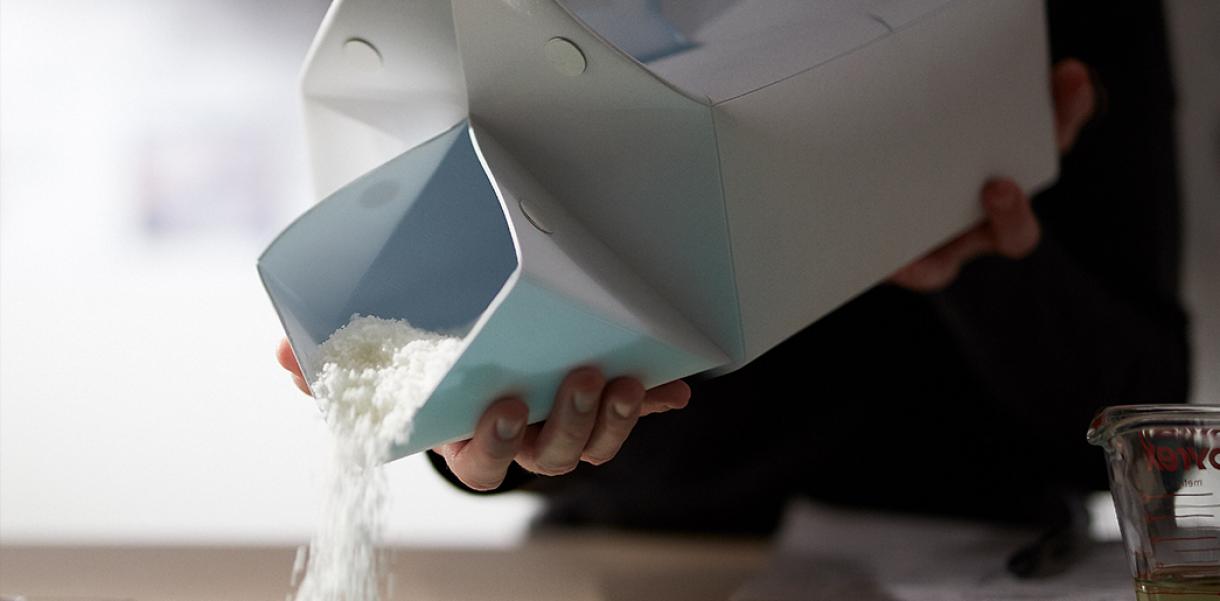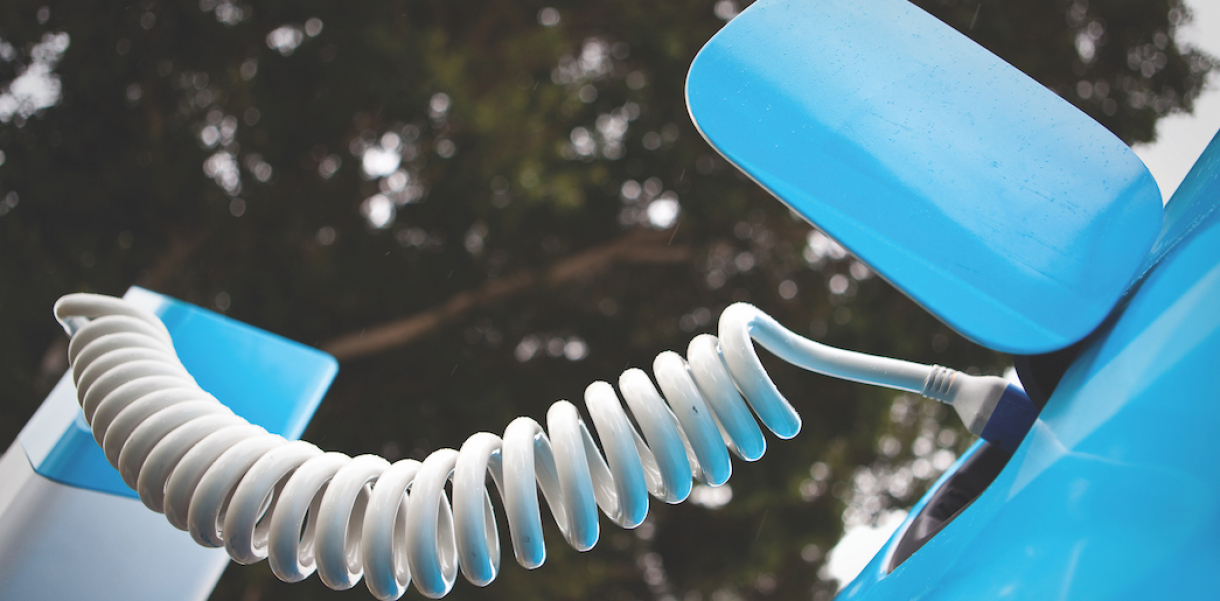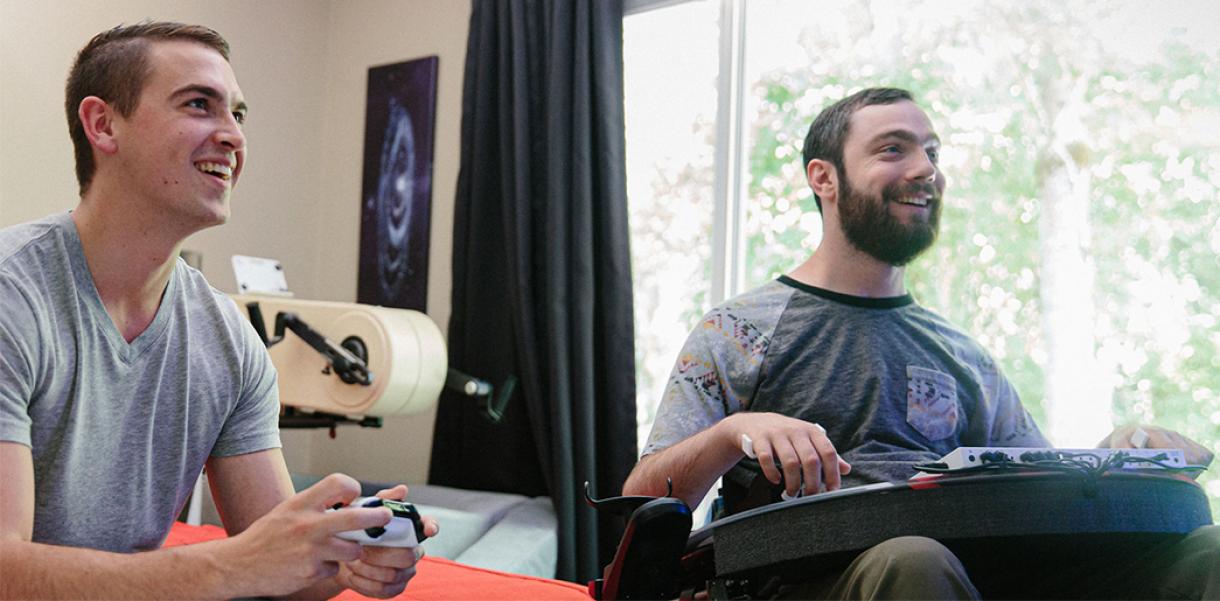Having access to a toilet means everything. It ensures health, safety, privacy and even empowerment. Ingenious toilet innovations help lower our water waste and practical loos give dignity to people in low resource communities.
The number of citizens without access to safely managed sanitation is astounding. In fact, about 4.2 billion people are living without, which is why the UN on November 19th are asking for global awareness on the subject. World Toilet Day 2020 focuses on "sustainable sanitation and climate change". It encourages everyone to leave the toilet humour behind (just for a moment) and remember all the overlooked, but important benefits that come with proper restroom access.
We’re joining the celebration by highlighting eight Index alumni, who’re all contributing to making toilets more safe, accessible and equal.
The iThrone
By 2030, five billion people won’t be able to flush the toilet anymore. A bleak prediction with a side of clean water worries. That fact lead change:WATER Labs to rethink sanitation as we know it — instead of flushing crap, why not shrink it? The result is the Index Award 2019 Finalist iThrone, a toilet that without the use of water, electricity, or plumbing can shrink human waste by 90-95%. It’s developed to both cut water use but also be a mobile, accessible solution for people without indoor plumbing.
Night Loo
In refugee camps, despair and hopelessness can turn into violence and power exertions. Women are especially at risk of sexual violence, and going to the communal toilets at night time is a dangerous necessity. American designer Anna Meddaugh proposed a solution to this with her Night Loo (pictured), a folding silicone container that allows women to 'go' in the safety of their own homes. After, users drop a packet into the toilet to absorb the liquid and smell.
The Ecological Urinal
Design without Borders was not afraid to rethink waste when they created the Index Award 2013 Finalist Ecological Urinal. Their affordable unisex urinal is aimed at increasing access to toilets in informal settlements, where stepping outside comes with the risk of disease. Furthermore, the urinal encourages sanitary behaviour by turning urine into gold! The $3 toilet refines the urine into quality fertiliser that the owner can sell.
Sanivation
The Ecological Urinal is not the only one to think of toilet solutions that can harvest the potential of human waste. Across Kenya, Sanivation has about 650 toilets that function as small storage facilities for human waste. Twice a week they’re emptied, and the contents are turned into briquettes, which can replace charcoal and fuelwood. As of February 2020, Sanitation’s toilets had already improved sanitation for about 20,000 people with more than 1,500 briquettes sold.
Mosan
Bringing clean sanitation to overpopulated areas is key to ensure safety and health in challenging environments. The global company Mosan has put a system to it. Their household toilet is made of durable plastic and designed for easy use, high durability and low maintenance. It separates urine and faeces, which both are then collected by Mosan who turn it into soil amendment and fertilizers for agriculture.
Jets Vacuum Toilet
A toilet that’s both good for the environment and looking chic? You’ve stumbled upon Jets Vacuum Toilet. This is a good-looking toilet with a massive impact. The Norwegian company currently has its toilets installed in at least every second ship equipped with vacuum sanitary systems, and this version designed in collaboration with EGGS Design reduces water consumption by up to 90%.
Lapee
If you’re a womxn, the queue for the bathroom is often very long — and if you’re in line at a festival or public area, you’ve probably felt like giving up. Lapee is an outdoor, sanitary urinal that is 600% more effective than a standard toilet, allowing women to pee on the same terms as men. Female urinals at public events have been missing-in-action for many years, but with Lapee, standing in line is much more manageable.
Libue
Access to toilets is one concern, but so is accessibility. About 15% of the world’s population struggle with some disability and standard toilets rely on mobility that many don’t have. Balance, sight and freedom of movement are just some of them. The Libue toilet by Studio Doozy is designed to bring dignity and independence to Parkinson’s patients. It allows users to sit on the toilet as if they were riding a horse, meaning they don’t have to turn around and navigate backwards. It comes with automatic cleaning as well.
Do you know a toilet, sanitation system or any other design to improve life? Nominate for Index Award 2021 here.




